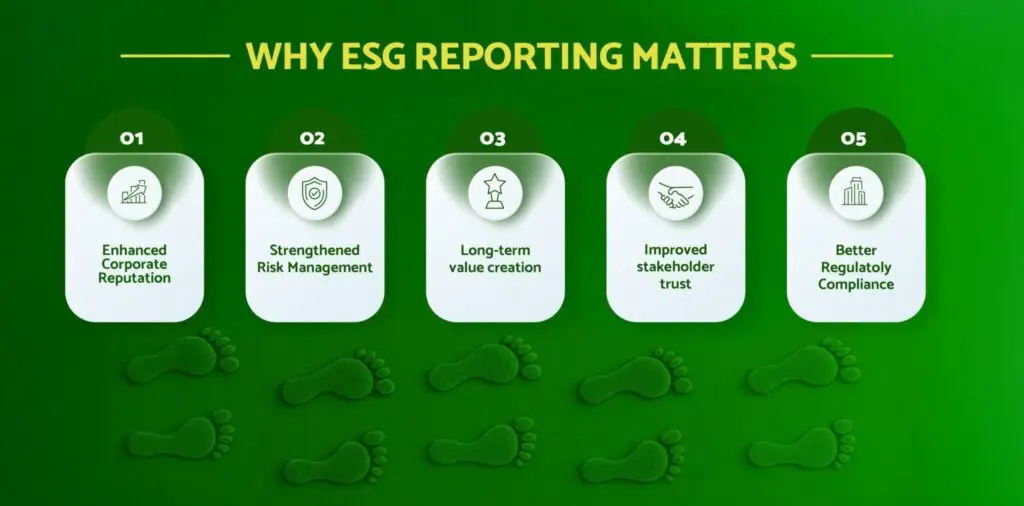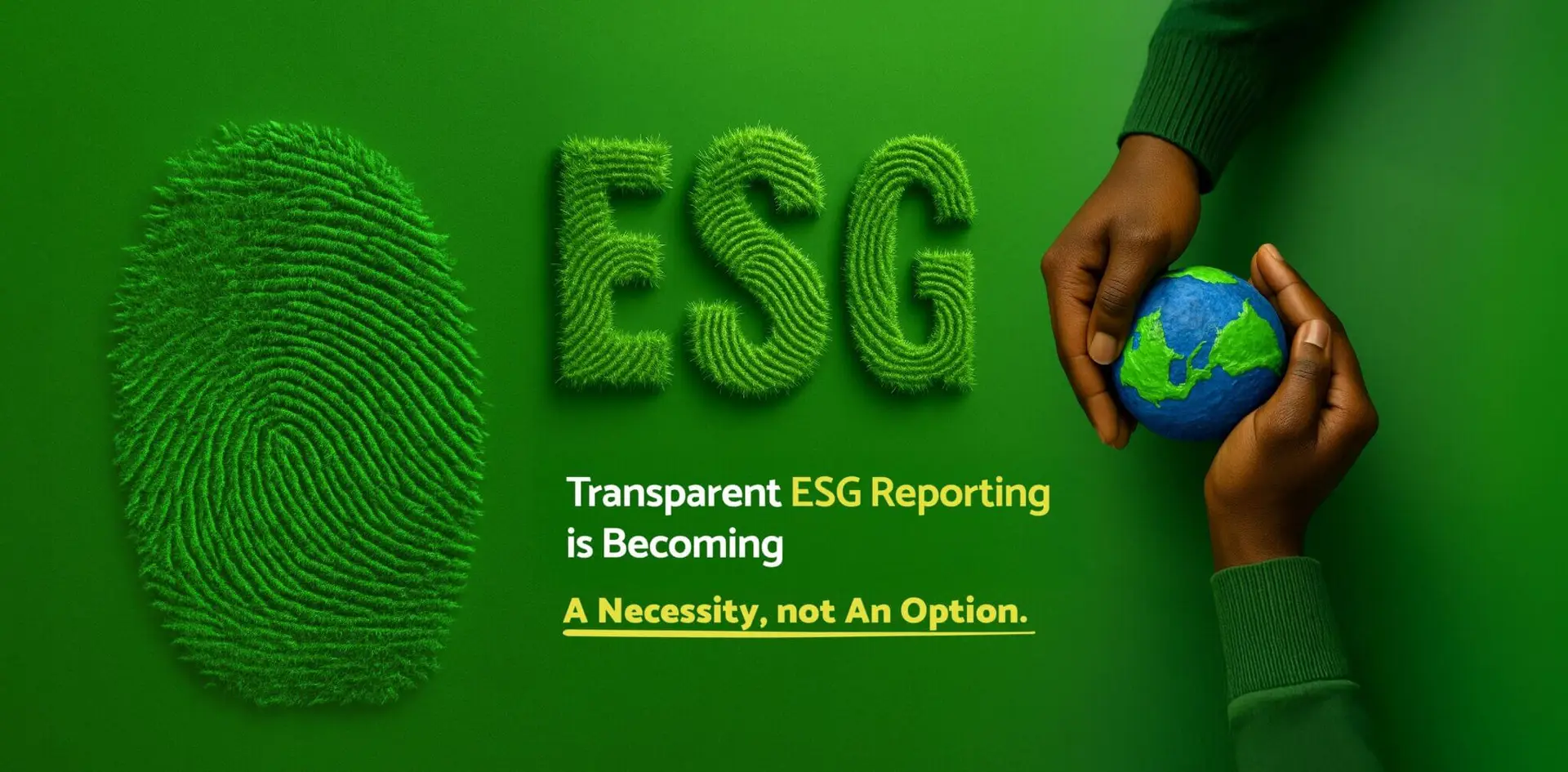By Ben Mbindah, Safeguarding and Project Risk Officer, TradeMark Africa
The disclosure of financial performance of organisations has always been an important tradition to informing investor decision-making. However, in recent years, the additional transparency around the environmental and social impacts for organisations has gained momentum. This shift reflects a growing recognition among companies and institutions globally of the value of environmental safeguards and social responsibility, particularly within the framework of Environmental, Social and Governance (ESG) reporting. ESG reporting involves communicating a company’s performance and activities in relation to environmental considerations such as climate change, resource utilisation, and pollution. The social aspects entail human rights, labour practices, and community engagement; while governance encompasses corporate governance, regulatory compliance, and ethical business conduct.
As the world becomes increasingly interconnected and driven by information and artificial intelligence, transparency has taken on a prominent role. The integration of ESG reporting with traditional financial disclosures is becoming a necessity rather than an option. The introduction of the Corporate Sustainability Reporting Directive (CSRD) by the European Union (EU), which mandates ESG disclosures from both EU-based and some non-EU companies starting from the 2024–2025 financial year, has further highlighted the urgency for organisations to align with such evolving expectations. This regulatory development signals a broader shift in how sustainability is integrated into organisational strategy and reporting.
The inclusion of ESG considerations in investment decision-making is not only essential in advancing social and environmental objectives but also proving beneficial to financial performance of organisations. It contributes to building a positive corporate image and obtaining a social licence to operate. Furthermore, it enhances regulatory compliance, strengthens risk management practices, and acts as a catalyst for transformative change across different sectors. Through transparent ESG reporting, companies can demonstrate their commitment to long-term value creation and environmental protection.

Despite its benefits, ESG reporting is not without its challenges. The absence of universally standardised frameworks hinders comparisons across companies. Reliable data collection remains particularly difficult in relation to non-financial metrics such as social and environmental impacts, which in turn increases the risk of greenwashing. This happens when a company portrays, intentionally or otherwise, a product, service, or the company itself as more environmentally friendly or sustainable than the case is.
Another challenge lies in the organisational capacity required to effectively monitor and report on ESG performance, which could be insufficient. Besides, assessing the long-term impact of ESG initiatives introduces additional layers of complexity, given the evolving nature of sustainability metrics and outcomes. In response to these concerns, the International Organisation for Standardization (ISO) released guidelines in November 2024 to support organisations in navigating and disclosing these issues. These guidelines offer a comprehensive and harmonised approach to ensure greater transparency and accountability in ESG practices.
TradeMark Africa (TMA) is among the organisations that have taken significant steps in this direction. Since its establishment in 2010, TMA has placed sustainability at the core of its operations. Its collaboration with the Kenya Ports Authority (KPA) led to the development of a Green Port Policy, meant to enhance climate resilience at the Port of Mombasa. TMA has also worked alongside the East African Community (EAC) Secretariat to harmonise trade policy with principles of good governance, particularly through the use of digital technologies to promote transparency and security in cross-border procedures. Additional commitments to climate-proofing infrastructure are reflected in projects such as the Elegu cross-border market at the Uganda–South Sudan border, which seeks to mitigate climate vulnerability, particularly flooding.
For organisations such as TMA, which operate with donor funding, information disclosure transcends compliance requirements. It serves as a foundation for building trust, enhancing accountability, and achieving meaningful impact. A deliberate and sustained commitment to sharing information with stakeholders enhances institutional credibility, ensures the responsible use of resources, and embeds ESG values into organisational culture. Ultimately, transparent and accountable governance is essential for cultivating sustainable, ethical, and impactful organisations that can deliver lasting benefits to the society, the environment and posterity.
By Ben Mbindah, Safeguarding and Project Risk Officer, TradeMark Africa


